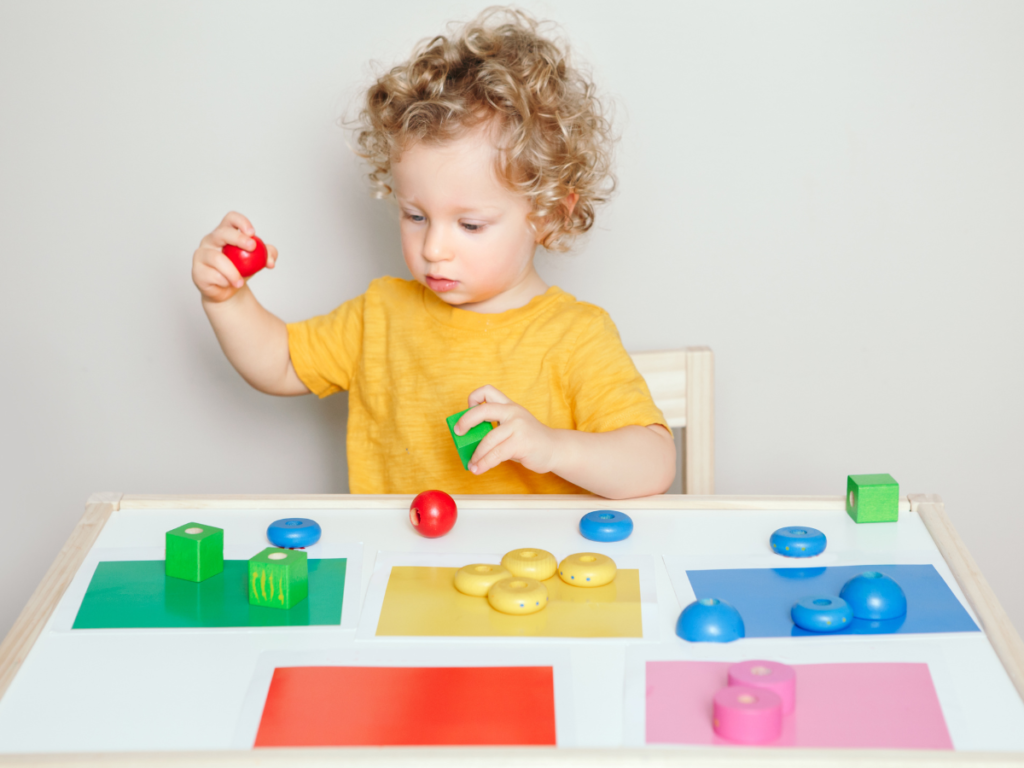The Best Ways For Toddlers To Learn And Develop By Age 3
This Post May Contain Affiliate Links.

As a mom, watching your child grow and develop is one of the most amazing experiences in life.
However, it’s common for parents to worry about whether their child is developing at the right pace, especially when it comes to learning.
In this post, we’ll cover some of the best ways for toddlers to learn and develop, along with key developmental milestones to look for by age 3.
Tips for Helping Your Toddler Learn and Develop:
1.) Make learning fun
Toddlers learn best through play, so try to incorporate educational games and activities into their daily routine.
Simple games like shape sorting, counting games and puzzles can help improve their cognitive skills and problem-solving abilities.
2.) Read with your child
Reading with your toddler is a great way to help them develop language skills and improve their vocabulary.
It’s also a great bonding experience for both you and your child.
3.) Encourage independence
Allowing your child to explore and learn on their own is important for building their confidence and independence.
Encourage your child to try new things, but always be there to support and guide them.
4.) Provide a stimulating environment
Toddlers are curious by nature, so it’s important to provide a safe and stimulating environment for them to explore.
Make sure their toys and surroundings are age-appropriate and free from potential hazards.
Key Developmental Milestones by Age 3:
By age 3, most toddlers will have developed the following skills:
- Speak in simple sentences
- Follow simple instructions
- Use their imagination and engage in pretend play
- Understand basic concepts like counting, shapes and colors
- Develop fine motor skills like drawing and using scissors
Is it Normal for a 2-Year-Old to Not Be Talking?
It’s important to remember that all children develop at their own pace.
While most 2-year-olds will have started to form simple sentences and express themselves through language, some may take a little longer to reach this milestone. In fact, Albert Einstein didn’t start speaking until he was 3 years old!
If you’re worried about your child’s language development, speak to your pediatrician for guidance.
They can assess your child’s hearing and speech abilities and refer you to a specialist if necessary.
Remember, every child is unique, and there’s no right or wrong way to learn and develop.
As long as you’re providing a loving and supportive environment for your child, they’ll thrive in their own way.
So don’t worry too much about milestones and take the time to enjoy your child’s amazing journey of growth and discovery!
I hope you found these tips and facts helpful! If you have any other suggestions or experiences to share, please feel free to comment below. And don’t forget to share this post with other parents who may find it useful.